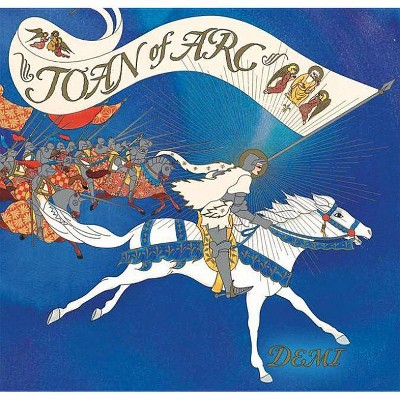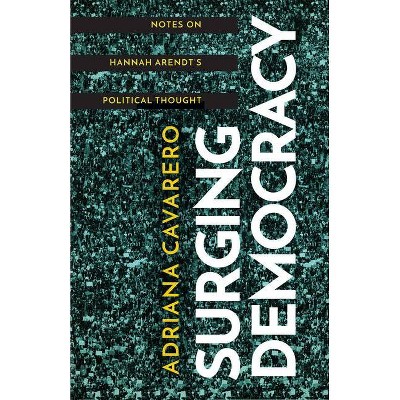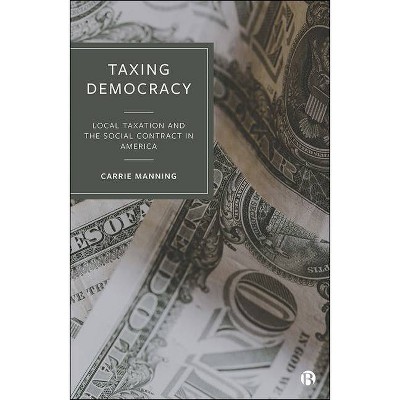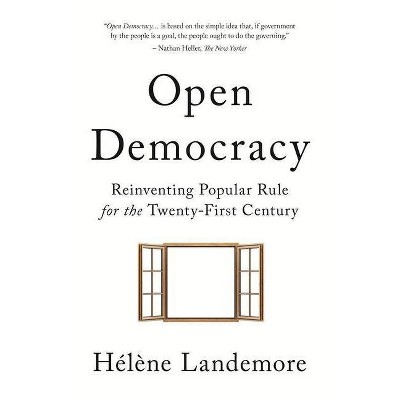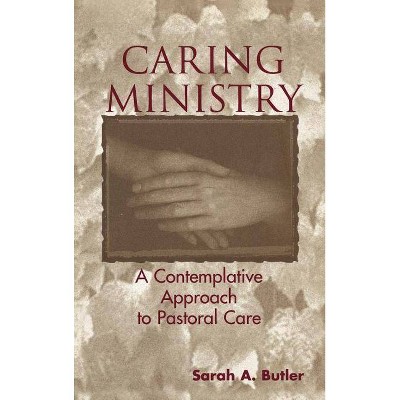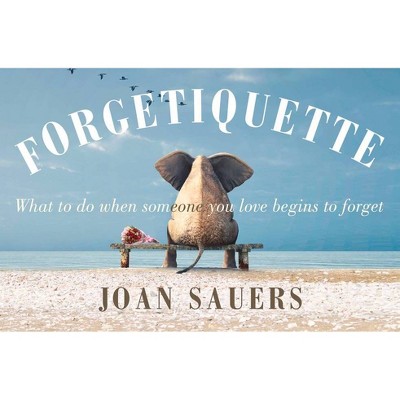Caring Democracy - by Joan C Tronto (Hardcover)
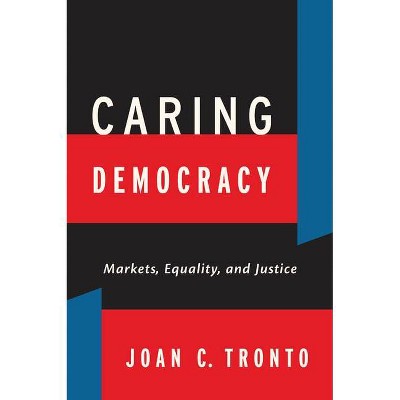
Similar Products
Products of same category from the store
AllProduct info
<p/><br></br><p><b> Book Synopsis </b></p></br></br>Americans now face a caring deficit: there are simply too many demands on people's time for us to care adequately for our children, elderly people, and ourselves.At the same time, political involvement in the United States is at an all-time low, and although political life should help us to care better, people see caring as unsupported by public life and deem the concerns of politics as remote from their lives. <em>Caring Democracy</em> argues that we need to rethink American democracy, as well as our fundamental values and commitments, from a caring perspective. What it means to be a citizen is to be someone who takes up the challenge: how should we best allocate care responsibilities in society? Joan Tronto argues that we need to look again at how gender, race, class, and market forces misallocate caring responsibilities and think about freedom and equality from the standpoint of making caring more just.The idea that production and economic life are the most important political and human concerns ignores the reality that caring, for ourselves and others, should be the highest value that shapes how we view the economy, politics, and institutions such as schools and the family. Care is at the center of our human lives, but Tronto argues it is currently too far removed from the concerns of politics. <em>Caring Democracy</em> traces the reasons for this disconnection and argues for the need to make care, not economics, the central concern of democratic political life.<p/><br></br><p><b> Review Quotes </b></p></br></br><br>In this wonderful book from one of todays leading feminist political theorists, Joan Tronto argues that democracy is in a time of crisisand she is right. Identifying the & passes that some of us get for sharing responsibility for care, particularly men and the wealthy, she calls for a & democratic care revolution. Though keenly aware of the personal and private character of many care activities, Tronto makes a compelling case for care as a public good and for rethinking the way in which caring responsibilities are carried out in order to achieve the freedom, equality, and justice that are necessary not only to better care, but to better democracy. Her notion of & caring with as a fundamental democratic ideal brings a much-needed corrective to the literature on care that enables us to think more concretely about how society needs to be restructured to meet the care needs of all citizens. The argument is thoughtful, careful, meticulous, and indeed, riveting.--Nancy J. Hirschmann, author of Gender, Class, and Freedom in Modern Political Theory<br><br>Is democracy just a matter of voter turnout? No, Tronto argues in this important paradigm-shifting bookit also connects us to one another through a responsibility to care. The neo-liberal call to an & ownership society erodes that responsibility by giving out & passes. With the & bootstrap pass one can say, & its enough to care for me and mine. With the & charity pass one can say & well help only the few we chose.Read this book and open your eyes.--Arlie Hochschild, author of The Outsourced Self: Intimate Life in Market Times<br>
Price History
Price Archive shows prices from various stores, lets you see history and find the cheapest. There is no actual sale on the website. For all support, inquiry and suggestion messagescommunication@pricearchive.us

